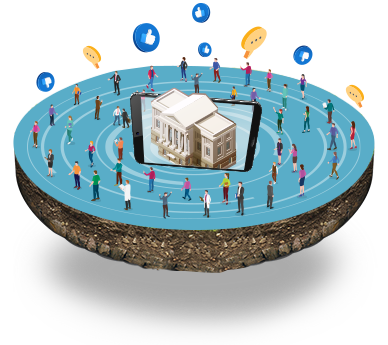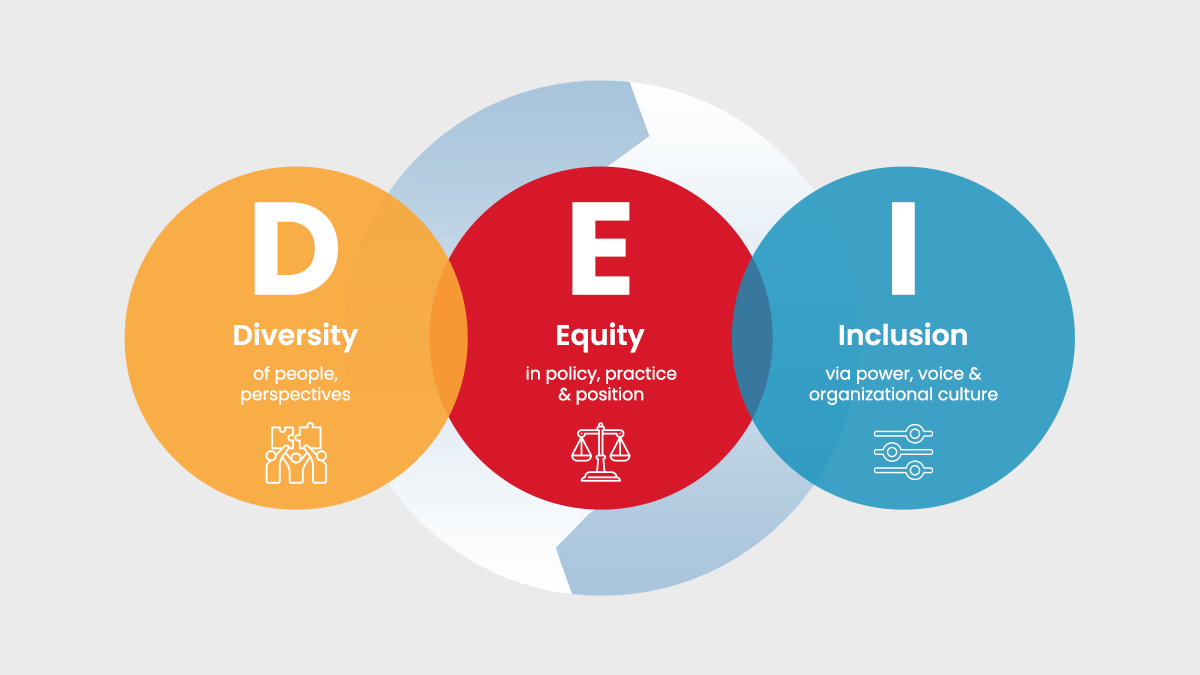.jpg)
In today's volatile, uncertain, complex, and ambiguous (VUCA) business landscape, resilience isn't just a buzzword—it's a critical survival skill. As incubators of future business leaders, B-schools have a pivotal role to play in nurturing resilient managers. But why is this so crucial, and how can it reshape the future of business education?
Imagine a ship captain who can only navigate calm seas versus one who thrives in stormy weather. In the unpredictable ocean of global business, which would you trust to lead your organization? This analogy underscores the difference between a run-of-the-mill manager and a resilient manager.
It is heartening to note that some top B schools in India are flipping their learning models to groom next generation managers. Such managers have a nuanced understanding of the impact of world tilting technologies on business operations. Plus, they are armed with the skills to weather the storms of an ever changing business landscape. IIM Bangalore, for example, considers exposure to global thinking to be a key aspect of building future-readiness.
Likewise, IIM Indore is committed to nurturing socially conscious leaders. For example, its Himalayan Outbound Programme equips students with crisis management skills through challenging real-world scenarios. Also, its Rural Engagement Programme immerses students in the villages of Madhya Pradesh, allowing them to identify local problems and devise contextually relevant, socially responsible solutions. At MDI Gurgaon, the curriculum has been updated to include subjects such as digital transformation and sustainability.
While B schools can offer simulated environments to navigate the VUCA landscape, the real learnings happen in small to mid-scale business companies. Imagine stepping out of a pristine business school classroom into the gritty reality of running a small business. That's where the rubber meets the road in the VUCA world. As a first-generation entrepreneur, I have been in those trenches for over 25 years with CSM Tech, and let me tell you, it's a daily rollercoaster.
Picture this: You're juggling government contracts, chasing international deals, and nurturing a team that needs to be both skilled and scalable. It's not the cushy corner office of a multinational, but a high-wire act where adaptability isn't just a buzzword—it's survival. Every day brings a new challenge, a new lesson. It's like trying to build a ship while sailing it through a storm. This crucible of SMEs is where real business acumen is forged.
Don't get me wrong, B-schools have their place. But if they could bottle the essence of SME struggles and serve it up to their students, that would be a game-changer. Imagine graduates who aren't just armed with theories, but are battle-ready for the VUCA business landscape. For companies like mine, such future-ready managers would be worth their weight in gold. They would hit the ground running, ready to help us navigate the choppy waters of modern business. Now that's a vision of business education I can get behind!
In a world where disruption is the new normal, from technological revolutions to global pandemics, resilient managers are the lighthouses guiding organizations through the fog of uncertainty. Traditional business education has often prioritized hard skills and theoretical knowledge over emotional intelligence and adaptability. It's time for a seismic shift.
.jpg)
B schools are stepping up to the challenge, and rebooting what they teach and how they teach. However, to be more effective, their MBA programs should incorporate interdisciplinary approaches that connect business and technology. They can emphasize on real-world problem-solving with a focus on emerging technologies, ESG, sustainability, and climate change.
There are a host of other ways in which B Schools can nurture resilient managers- implementing real-world simulations and case studies, introducing mindfulness and stress management techniques, exposing students to diverse perspectives and cultures, establishing mentorship programs with experienced executives and integrating insights from psychology and neuroscience.
.jpg)
B-schools are the laboratories of leadership, where resilience is the critical experiment. They have a unique opportunity and responsibility— to shape the leaders who will guide us through the storms ahead. The future of business, and perhaps our world, depends on it. And in the business world, the smartest will survive but the toughest will thrive.
This blog was originally published in Priyadarshi Nanu Pany's LinkedIn account.


























































We will verify and publish your comment soon.